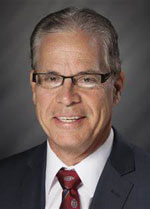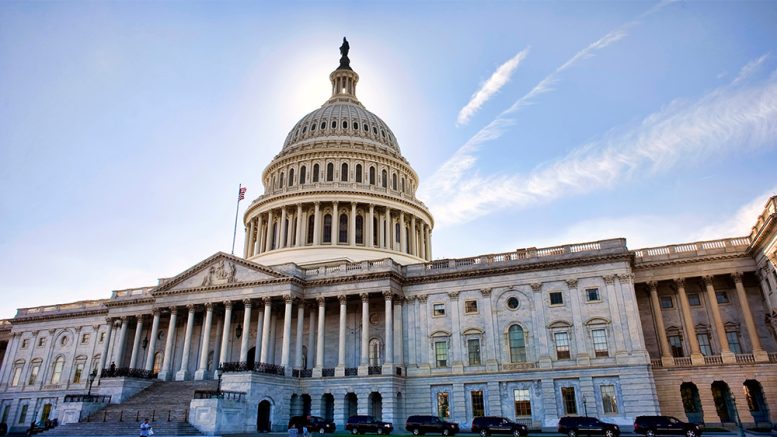
Braun
U.S. Senators Mike Braun (R-Ind.) and Bob Menendez (D-N.J.) introduced on Thursday a bipartisan bill that would change a technicality in federal law that unnecessarily requires that PSLF applicants be employed in a public service role at the time of forgiveness, even if they have already made 120 qualifying payments.
This has negatively affected public service employees who have completed their 120 payments, decided to retire or move on from their current jobs or public service careers, and suddenly become ineligible for forgiveness even though they dutifully served their communities for at least 10 years.
U.S. Representatives Brian Fitzpatrick (R-Pa.-01) and Chrissy Houlahan (D-Pa.-06) introduced companion legislation in the House of Representatives.
“Public servants make a tremendous commitment to the communities they serve,” Sen. Braun said. “Police officers, teachers, and first responders deserve access to the benefits that they’ve rightfully earned through years of service. That’s why I’m leading the effort to cut burdensome provisions in the Public Service Loan Forgiveness (PSLF) program and ensure that whenever they go next, their service isn’t forgotten.”
According to a 2017 survey from the National Policing Institute, 958 police agencies found that 30.2 percent of police officers had four-year college degrees, 51.8 percent had two-year degrees, and 5.4 percent had graduate degrees. Making it more affordable for these officers to secure the education needed to advance in their careers means greater income opportunities for them, with top investigators and detectives making approximately $159,000 per year.
Moreover, a 2021 report from the National Education Association found that 25 percent of educators over the age of 61 have been unable to pay off their student loans, with 35 percent carrying more than $45,000 in debt.
Helping staff afford more opportunities for career advancement will also serve as a powerful recruitment tool. In the wake of the COVID-19 pandemic, nearly all states suffered declines in public sector jobs, including in police forces and schools. Communities cannot effectively serve the needs of their residents with major employment gaps in schools, law enforcement agencies, and other public agencies.
Click here to read the bill.

